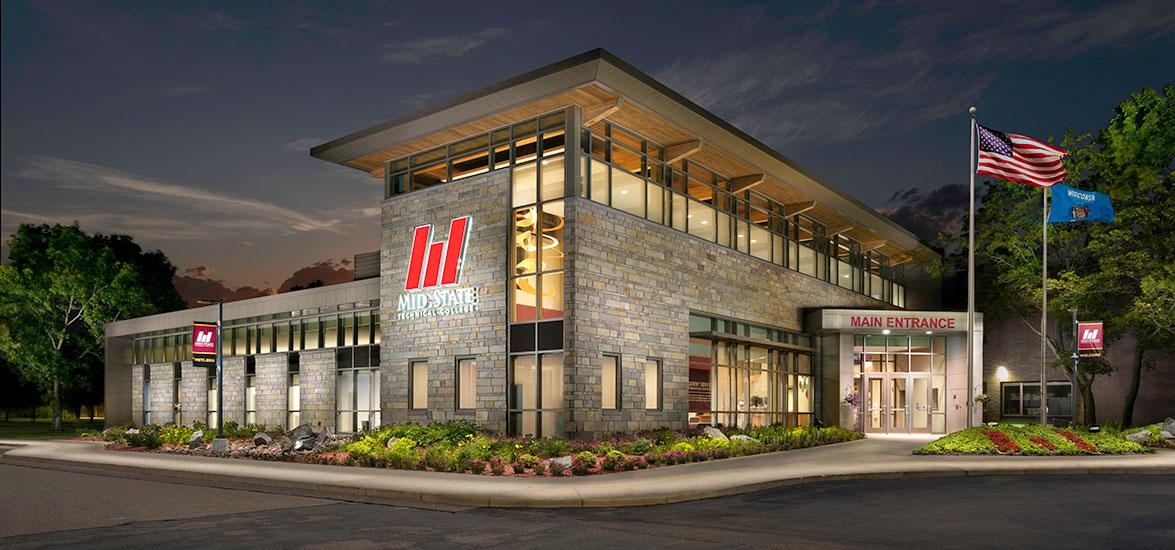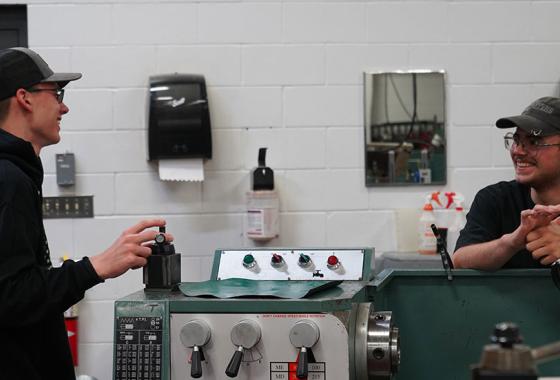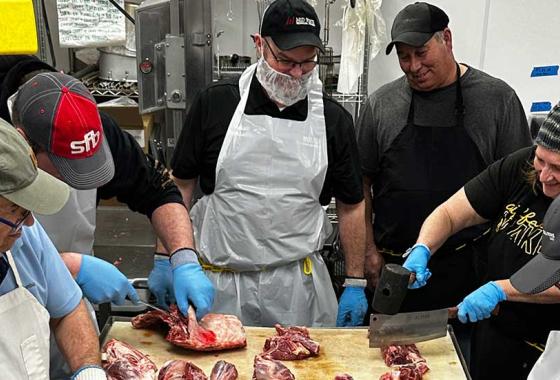
Mid-State Board adopts 2024–25 budget
Mid-State Technical College’s Board of Directors adopted the College’s 2024–25 budget following a public hearing during its June 17 meeting in Wisconsin Rapids. The annual budget goes into effect on July 1, 2024.
The General Fund Operations budget is $34.8 million, a $2.8 million decrease from the amended 2024-25 Fiscal Year budget. The operational budget was prepared with the assumption of stable enrollments when compared to the 2023-24 year.
Each year College administrators develop a budget that balances the needs of its students and communities with available budgetary resources. The higher education industry continues to undergo change, and Mid-State has aggressively sought to address that change through its Strategic Directions and the continued focus of its Moving Forward Together 2025 Strategic Plan.
“Mid-State’s ongoing efforts in fiscal year 2024 have produced strong college enrollments, including an increase in headcount, which means we are serving more of our community,” said Mid-State’s president, Dr. Shelly Mondeik. “We are proud that our efforts to stabilize enrollments beyond the pandemic have proven Mid-State to be a trusted partner, and this puts us in a strong position to continue our mission to transform lives through the power of teaching and learning.”
According to Mid-State Vice President of Finance and Facilities Greg Bruckbauer, the College’s mill rate is projected to decrease by .00295 cents per $1,000 of equalized property value, decreasing the tax bill for a $100,000 home from $ 71.07 last year to a projected $70.77 in the coming year. Mid-State poses a considerably lower impact than other taxing authorities because the College serves a broad tax base of 97 municipalities in all or parts of Adams, Clark, Jackson, Juneau, Marathon, Portage, Waushara and Wood counties.
"This budget will fund Mid-State’s work in supporting its communities with relevant programs by providing access to innovative technology and world-class facilities and services," Bruckbauer said. “Our communities continue to look for professionals in central Wisconsin with hands-on, technical skills, and we look forward to continuing to provide our highly sought-after graduates to meet that need.”






